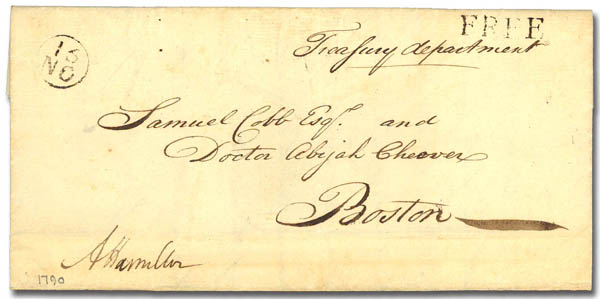Or maybe just Best Friends up until Jefferson got back from France.
From “Madison’s Gift”, in a section about James Madison working on writing the Federalist with Alexander Hamilton while they both were living in New York:
A neighbor remembered them engrossed in an exchange in Hamilton’s yard, then stopping to laugh and play with a pet monkey next door.
This little sentence brought a spark of joy into my evening. Oh and then this:
In their era, the signature of a letter carried meaning, though those farewell phrases strike the modern ear as ritualistic. “Your humble and obedient servant” reflected formal respect. More intimacy came with the terms “friend” and “affectionate.” A signature as “affectionate friend” meant real closeness.
By April, Hamilton was signing his letters to Madison “your affectionate and obedient servant”; in May, he signed “Believe me with great attachment, Yours” and “with great sincerity and attachment.” By June, Madison had escalated to the simple “Yours affectionately,” which Hamilton reciprocated in July.
Brothers in genius. Madison also said the following, at the Constitutional Convention, in 1787:
[America is] indebted to emigration for her settlement and prosperity.
Nothing to add there; he was wise and he was right. That sentiment has been shit all over by fascists throughout our history, to our great and ongoing shame. Madison also believed that people were too ignorant and irrational to sustain a true democracy. Again, correct.
I have been regretfully disentangling myself from social media. I shall regret the connections that will be sacrificed, though I know there are less inflammatory arenas in which to communicate. I just don’t know that anyone I know will care enough to seek them out with me.



